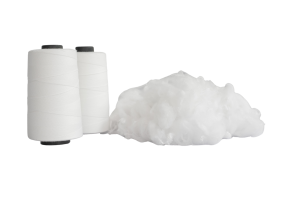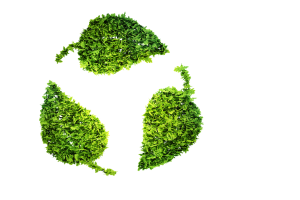Sustainability may initially come to mind as protecting the environment, but sustainability is actually a concept that encompasses ecological, economic, and social dimensions. To ensure sustainability, all these components must be managed in harmony with a persistent and dynamic approach. With increasing population and consumption rates, human demands and needs are also increasing.
It is our responsibility to protect and preserve our world and its resources for future generations, while continuing to meet human needs and desires without compromising social welfare.
The textile industry is a major consumer of water, energy, and chemicals needed at different stages of the production process. Textile waste causes 20% of global water pollution. The textile industry is responsible for 10% of global carbon emissions. The proportion of textile products in landfills in the world and Turkey is around 8%.
The textile industry is one of the most active sectors in realizing the environmental problems it creates and taking sustainability measures. At Gama Alliance, we aim to give a new life to fabrics by implementing sustainable production processes and improving them.










